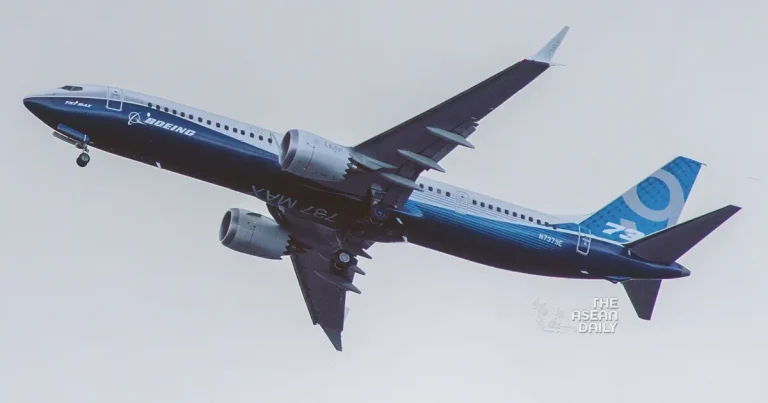5-2-2024 (WASHINGTON) Boeing has encountered additional issues with holes drilled in the fuselage of its 737 Max jet, posing a setback that could further impede deliveries in a critical program already under scrutiny by regulators due to quality issues.
The latest manufacturing oversight originated from a supplier and will necessitate rework on approximately 50 undelivered 737 jets to rectify the faulty rivet holes, according to a note from Boeing commercial chief Stan Deal to employees.
While the contractor responsible was not explicitly named, a spokesperson for fuselage supplier Spirit AeroSystems Holdings acknowledged the problem and committed to conducting necessary repairs.
Mr. Deal acknowledged in his memo, seen by Bloomberg News, that the additional time required for inspections and repairs could potentially delay near-term aircraft deliveries.
“This is the only course of action given our commitment to deliver perfect airplanes every time,” stated Mr. Deal in his communication.
This defect comes on the heels of a series of manufacturing blunders at Boeing, including a near-catastrophic panel blowout on an Alaska Airlines 737 Max in January.
The Federal Aviation Administration (FAA) has intensified its scrutiny of Boeing’s manufacturing and supplier systems and has imposed restrictions on 737 production until quality standards are met.
On February 5, Boeing shares declined by 1.6 percent in premarket US trading, furthering a downward trend that saw a 20 percent drop in 2024 through February 2, marking the poorest performance on the Dow Jones Industrial Average. Similarly, Spirit Aero, based in Wichita, Kansas, also saw a 1.6 percent slide, with shares down by 12 percent since the beginning of 2024.
The issue disclosed on February 4 is the latest in a series of glitches stemming from Boeing’s former aerostructures unit.
A drilling error on an aft pressure bulkhead provided by Spirit Aero slowed down 737 Max deliveries in 2023, affecting Boeing’s primary source of cash flow. Another issue involving tail-fin fittings impacted production earlier the same year.
In the recent case, Mr. Deal explained that an employee at a Boeing supplier raised concerns about two holes in the aircraft’s fuselage potentially not meeting specifications.
He clarified that while the problem “is not an immediate flight safety issue and all 737s can continue operating safely,” many employees have expressed frustration regarding unfinished work, either by suppliers or within Boeing’s factories, affecting aircraft production lines.
To tackle this issue, Boeing has instructed a major supplier to halt shipments until all work has been properly completed, aiming to enhance overall quality and stability, Mr. Deal highlighted.




